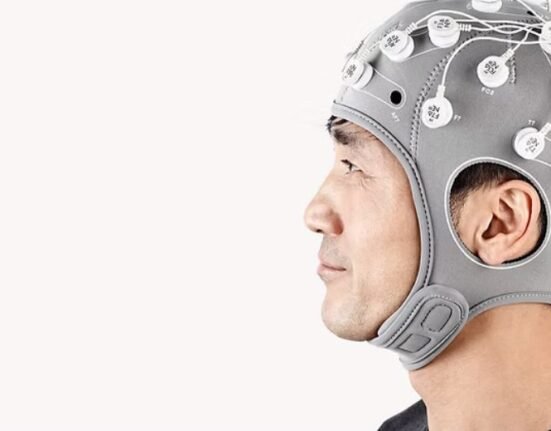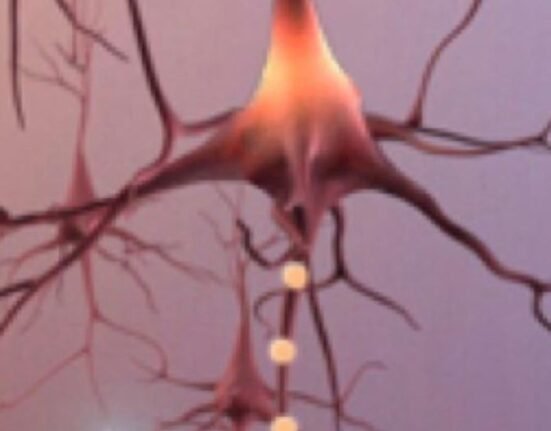HQ Team
January 17, 2025: The commonly prescribed sleep medications, particularly zolpidem, known by its brand name Ambien, may disrupt the brain’s natural waste clearance system during sleep, according to a recent research.
Glymphatic system
The glymphatic system plays a critical role in maintaining brain health by removing waste products that accumulate during wakefulness. This system operates primarily during non-rapid eye movement (non-REM) sleep, utilizing cerebrospinal fluid (CSF) to flush out toxins and other debris from brain tissue. Researchers have found that synchronized oscillations of norepinephrine—a neurotransmitter—are essential for this cleansing process. These oscillations regulate the flow of blood and CSF, facilitating efficient waste removal1.
Dr. Maiken Nedergaard, the lead author for the mice study and a professor at the University of Rochester, explained that the brain lacks lymphatic vessels found in other parts of the body. Instead, it relies on this unique glymphatic system to perform essential housekeeping tasks during sleep. “Sleep is crucial as it gives the brain time to perform homeostatic housekeeping tasks such as waste removal,” she stated.
Impact of sleep medications
The recent study found that zolpidem may inhibit these critical norepinephrine oscillations, thereby disrupting the glymphatic system’s function. As a result, the brain may not effectively clear waste products during sleep when using this medication. Dr. Natalie Hauglund, a postdoctoral fellow involved in the research, cautioned that while sleep aids may provide immediate relief for insomnia, they could compromise the restorative benefits associated with natural sleep.
“Sleep aids may provide a shortcut to sleep,” Hauglund noted. “However, our study shows that the sleep you get with sleep medication may lack the beneficial effects of natural, restorative sleep” . This finding is particularly concerning given that approximately 70 million Americans suffer from chronic sleep issues and that inadequate sleep is linked to cognitive decline and increased dementia risk.
Caution
While the findings are significant, some experts urge caution in interpreting these results. Dr. Clifford Segil, a neurologist at Providence Saint John’s Health Center in California, expressed skepticism about the implications of this research for clinical practice. He argued that the immediate benefits of improved sleep with medications like zolpidem likely outweigh any potential long-term risks related to cognitive decline.
Dr Peter G. Polos, an assistant professor of sleep medicine at Hackensack Meridian Neuroscience Institute, acknowledged the intriguing nature of the study but emphasized that further research is needed before drawing definitive conclusions about human health. “This study suggests that alterations in this tight balance have potential cellular and perhaps clinical consequences,” he remarked. Polos highlighted the necessity for future studies to explore how sleep aids affect human glymphatic flow using advanced imaging techniques.
Further research
As dementia rates continue to rise—more than doubling among Americans over 55 in recent years—understanding how lifestyle choices and medications impact brain health becomes increasingly vital. The current findings underscore a pressing need for additional research into the effects of sleep medications on human cognitive function and overall health.
While medications like zolpidem can offer short-term relief for those struggling with insomnia, their potential impact on brain waste clearance mechanisms during sleep raises important questions about their long-term use.








